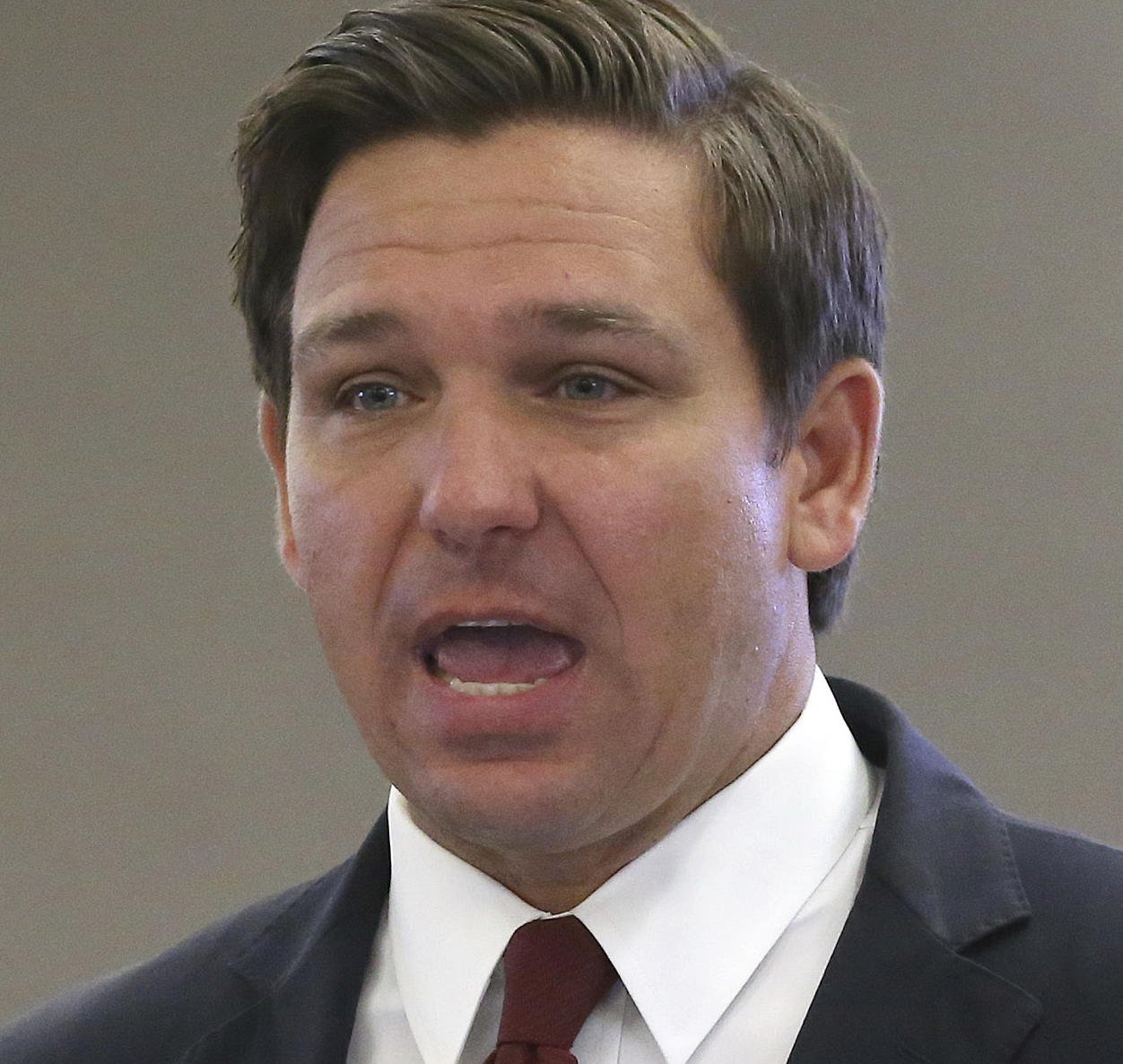Protect clean air
Ron DeSantis
"Florida is blessed to have some of the cleanest air in the country and as Governor, Ron DeSantis will continue this legacy through continued aggressive air quality monitoring and working with local stakeholders and utility companies to further improve our air quality."
DeSant-O-Meter

Compromise